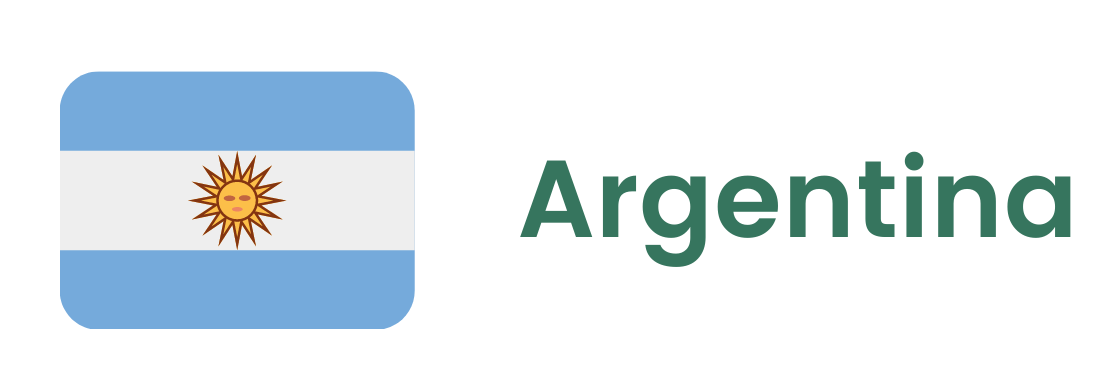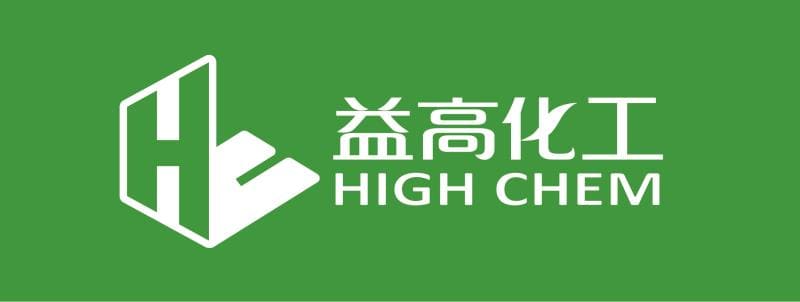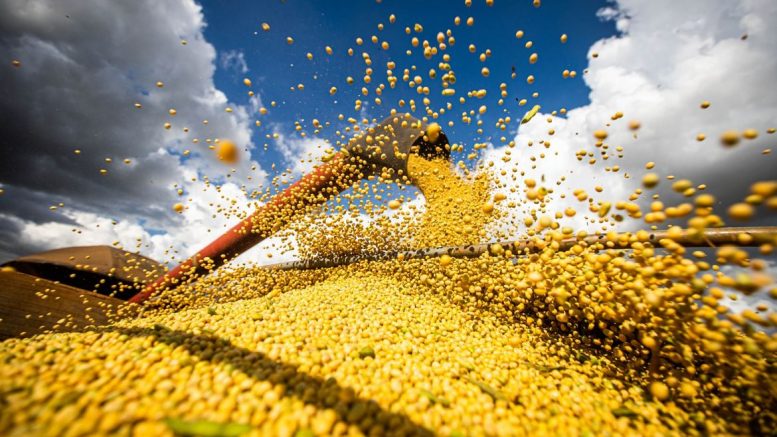Uruguayan soybean farms have faced serious challenges due to excessive moisture

Buenos Aires Cereal Exchange began a pre-harvest survey for sunflower farming, aiming to determine expectations for the next season. According to preliminary data, the ideal planting window extends from August in the north of the country to the end of November in the south of the agricultural area. There should be increased wheat sowing in the central and northern regions of the agricultural area. It is estimated that the area destined for sunflowers should reach 1.85 million hectares, remaining stable when compared to the previous harvest, and 3.2% above the average of the last five harvests. (BCBA)
The absence of rainfall in July is expected to harm wheat planting and yields in the 2024/25 season. Estimates for the wheat harvest were reduced from 6.92 million to 6.72 million hectares. With the reduction, Argentina should harvest 20.5 million tonnes of wheat. (BCR)

The Brazilian Association of Vegetable Oil Industries has raised the local soybean production estimates by 700 thousand tonnes. A total of 153.2 million tonnes is estimated for 2024. The forecast for Brazilian final stocks of soybean was increased as well, reaching 4.8 million tonnes, compared to 4.1 million predicted last month. The estimate for soybean exports was maintained at 97.8 million tonnes, and the processing estimate remained unchanged, still at 54.5 million tonnes. (Abiove)
Total gross revenue from coffee crops in Brazil, including Arabica and conilon/robusta coffee, was estimated at US$ 11.94 billion for 2024. (Embrapa)
SLC Agrícola has closed a deal to import drones from Pyka, a US manufacturer. This marks the entry of the North American manufacturer into the Brazilian market. “We searched the market for an autonomous solution for aerial [pesticide] application that would meet the requirements of our operation”, said Ronei Sana, Digital Agriculture Manager at SLC Agrícola. (SLC Agrícola; Pyka)
The State of Paraná is investing US$ 22.46 million in the paving of rural roads. The objective is to pave 115 km. (Seab)
According to the Agriculture and Livestock Federation of Mato Grosso do Sul, more than 146 farms were recently invaded in the State. “These occurrences highlight the legal uncertainty experienced for decades in our State, resulting from the lack of a definitive response, by the Government, that guarantees peace in the countryside”. The last few days have been marked by an increase of the invasions of farms by indigenous people, especially in the states of Paraná and Mato Grosso do Sul. (Famasul)
The Ministry of Agriculture has confirmed an outbreak of Newcastle Disease in a commercial poultry farm in Anta Gorda, State of Rio Grande do Sul. Brazil had not recorded this disease in poultry since 2006. (MAPA)


Coffee production in Colombia, the world’s largest supplier of washed arabica coffee, increased 23% year-on-year in June, reaching 1.17 million 60 kg bags. Coffee exports increased by 36%, reaching 1.02 million 60 kg bags, when compared to the same month of 2023. (FNC)
Almost 30% of the country’s agricultural area could be at risk due to excessive rainfall. Because of the influence of La Niña, it is estimated that heavy rainfall will occur mainly between August and September. (National Risk Management Unit)

High temperatures and drought have harmed 80% of coffee crops in the State of Chiapas. Farmers seek help from the Government to maintain production. (Tapachula Coffee Farmers Union)

Corn exports started with great dynamism in June. When compared to the first month of exports in 2023, the shipments increased by 59,759 tonnes. Sonia Tomassone, foreign trade advisor at the Chamber of Exporters and Sellers of Oilseeds, explained that this is due to better logistics speed for the crossing of trucks at borders, as delays have been almost completely resolved. 79,281 tonnes were exported, compared to 19,522 tonnes in 2023. (Capeco)
![]()
According to agronomist Luis Simean, commercial manager at the Copagrán agricultural cooperative, Uruguayan soybean farms have faced serious challenges due to excessive moisture, but the average quality of soybeans was considered good during the harvest. “The numbers are going to be very ‘tight’, and some farms are in the red”, said Simean. “This harvest involved a lot of additional expenses. Practically 80% of the expenses went directly to drying. This was not cheap because the humidity was high”. (Copagran)

READ MORE:

